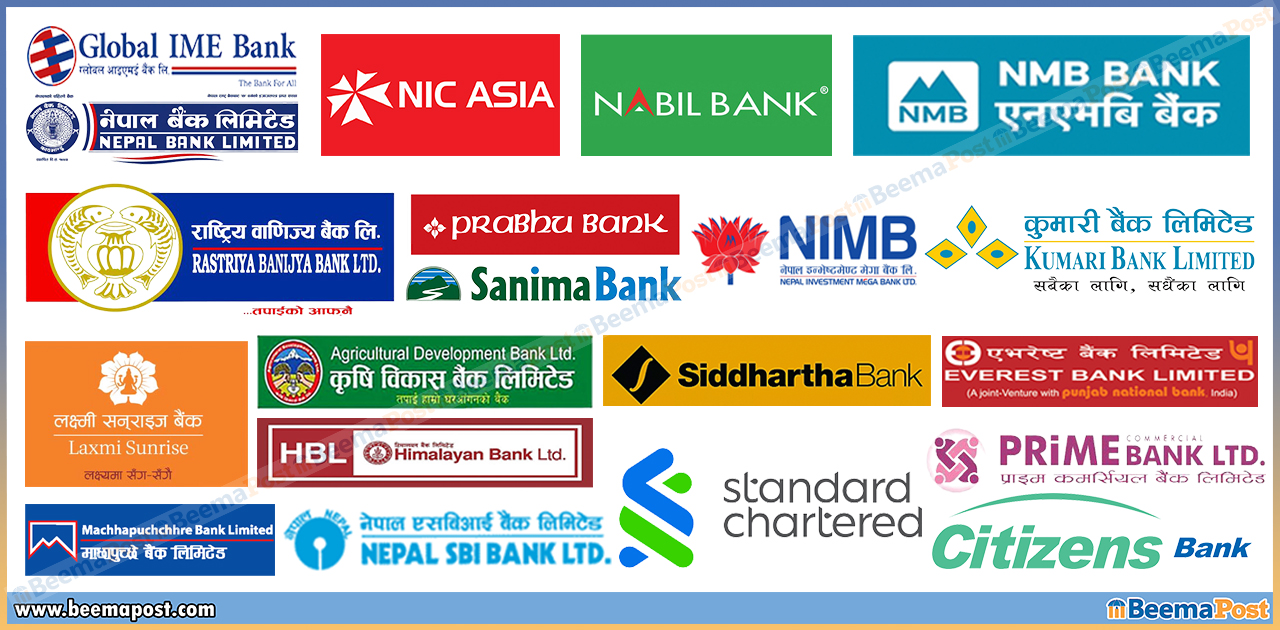Economic Slowdown Stalls Bank Investments in Construction Sector

Kathmandu – Amid the ongoing economic slowdown, investment by banks in the construction sector has seen sluggish growth. A halt in development and infrastructure projects across the country has significantly limited the flow of credit to the sector, creating further strain on economic activity.
According to the latest data from Nepal Rastra Bank (NRB), 20 commercial banks have disbursed a total of Rs 187.9 billion in loans to the construction sector in the first four months of the current fiscal year. This reflects a modest growth of only 3.71 percent compared to the same period last fiscal year, when banks had invested Rs 181.17 billion.
The slowdown in construction activities has had a direct impact on large-scale infrastructure projects such as roads, bridges, buildings, and hydropower. With the government failing to make timely payments, construction entrepreneurs are struggling to pay back loans, further discouraging banks from increasing credit flow to the sector. Consequently, the private sector has also been unable to invest as expected, exacerbating the stagnation.
In the first four months of this fiscal year, while some banks increased their investments, others reduced their exposure to the construction sector. Nabil Bank emerged as the largest investor, disbursing Rs 24.125 billion—an increase of 17.30 percent compared to the previous fiscal year. Laxmi Sunrise Bank stood second, investing Rs 18.1 billion; however, this marked a sharp decline of 38.46 percent from the previous year.
Other banks have also maintained significant loan disbursements to the sector. Kumari Bank invested Rs 17.46 billion, followed by NIC Asia Bank at Rs 16.65 billion and Prabhu Bank at Rs 14.1 billion. Similarly, Krishi Bikas Bank, Citizen Bank, Prime Bank, and Global IME Bank contributed notable amounts, while Standard Chartered Bank disbursed Rs 8.2 billion.
Further, banks like Machhapuchhre Bank, Sanima Bank, Nepal Investment Mega Bank, NMB Bank, and Siddhartha Bank provided moderate credit, with disbursements ranging between Rs 4 billion and Rs 7 billion. On the lower end, Rastriya Banijya Bank (RBB), Nepal Bank, Himalayan Bank, and Nepal SBI Bank invested smaller amounts, with figures ranging from Rs 1.71 billion to Rs 3 billion.
The decline in investments has delayed critical infrastructure projects, pushing the construction sector into stagnation. Entrepreneurs in the sector have repeatedly expressed concern, stating that delays in government payments have hindered their ability to manage financial obligations. This has left banks wary of extending additional credit, further stalling economic activity.
